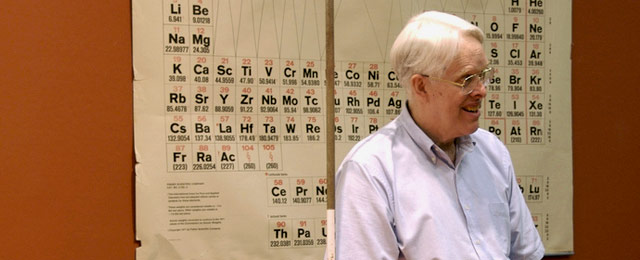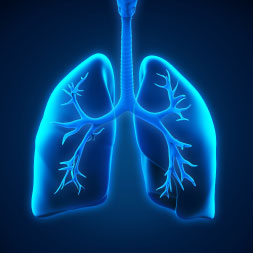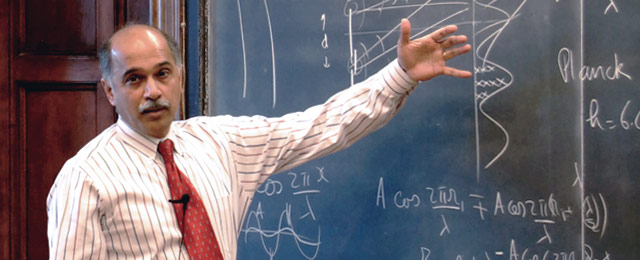Online courses directory (423)
Advances in cognitive science have resolved, clarified, and sometimes complicated some of the great questions of Western philosophy: what is the structure of the world and how do we come to know it; does everyone represent the world the same way; what is the best way for us to act in the world. Specific topics include color, objects, number, categories, similarity, inductive inference, space, time, causality, reasoning, decision-making, morality and consciousness. Readings and discussion include a brief philosophical history of each topic and focus on advances in cognitive and developmental psychology, computation, neuroscience, and related fields. At least one subject in cognitive science, psychology, philosophy, linguistics, or artificial intelligence is required. An additional project is required for graduate credit.
This is the first semester in a two-semester introductory course focused on current theories of structure and mechanism in organic chemistry, their historical development, and their basis in experimental observation. The course is open to freshmen with excellent preparation in chemistry and physics, and it aims to develop both taste for original science and intellectual skills necessary for creative research.
This is a continuation of Freshman Organic Chemistry I (CHEM 125a), the introductory course on current theories of structure and mechanism in organic chemistry for students with excellent preparation in chemistry and physics. This semester treats simple and complex reaction mechanisms, spectroscopy, organic synthesis, and some molecules of nature.
Each part of the world faces specific vulnerabilities to climate change and has different opportunities to mitigate the effects and build resilience in the 21st century. With the Paris Agreement at COP 21, the global community has signaled its intent to act. Indeed, without climate action, decades of development progress are threatened, meaning that we are at a ‘make it or break it’ point in time. This course presents the most recent scientific evidence, regional impacts and climate action strategies, and some opportunities for you to take action on climate change.
We are now at an unprecedented point in the field of neuroscience: We can watch the human brain in action as it sees, thinks, decides, reads, and remembers. Functional magnetic resonance imaging (fMRI) is the only method that enables us to monitor local neural activity in the normal human brain in a noninvasive fashion and with good spatial resolution. A large number of far-reaching and fundamental questions about the human mind and brain can now be answered using straightforward applications of this technology. This is particularly true in the area of high-level vision, the study of how we interpret and use visual information including object recognition, mental imagery, visual attention, perceptual awareness, visually guided action, and visual memory.
The goals of this course are to help students become savvy and critical readers of the current neuroimaging literature, to understand the strengths and weaknesses of the technique, and to design their own cutting-edge, theoretically motivated studies. Students will read, present to the class, and critique recently published neuroimaging articles, as well as write detailed proposals for experiments of their own. Lectures will cover the theoretical background on some of the major areas in high-level vision, as well as an overview of what fMRI has taught us and can in future teach us about each of these topics. Lectures and discussions will also cover fMRI methods and experimental design. A prior course in statistics and at least one course in perception or cognition are required.
Introduction to Biology is a free introductory course on the science of the living world. These lessons teach learners of all ages about organisms, cells, nutrients (carbohydrates, proteins, vitamins and minerals) and the process of digestion. This free online course is an ideal study-aid and complement to classes for second level students and is valuable to parents who wish to help their children with their studies.
Fundamentals of Biology focuses on the basic principles of biochemistry, molecular biology, genetics, and recombinant DNA. These principles are necessary to understanding the basic mechanisms of life and anchor the biological knowledge that is required to understand many of the challenges in everyday life, from human health and disease to loss of biodiversity and environmental quality.
Course Format
 This course has been designed for independent study. It consists of four units, one for each topic. The units can be used individually or in combination. The materials for each unit include:
This course has been designed for independent study. It consists of four units, one for each topic. The units can be used individually or in combination. The materials for each unit include:
- Lecture Videos by MIT faculty.
- Learning activities, including Interactive Concept Quizzes, designed to reinforce main concepts from lectures.
- Problem Sets you do on your own and check your answers against the Solutions when you're done.
- Problem Solving Video help sessions taught by experienced MIT Teaching Assistants.
- Lists of important Terms and Definitions.
- Suggested Topics and Links for further study.
- Exams with Solution Keys.
Content Development
Eric Lander
Robert Weinberg
Tyler Jacks
Hazel Sive
Graham Walker
Sallie Chisholm
Dr. Michelle Mischke
Other Versions
Other OCW Versions
OCW has published multiple versions of this subject. ![]()






















